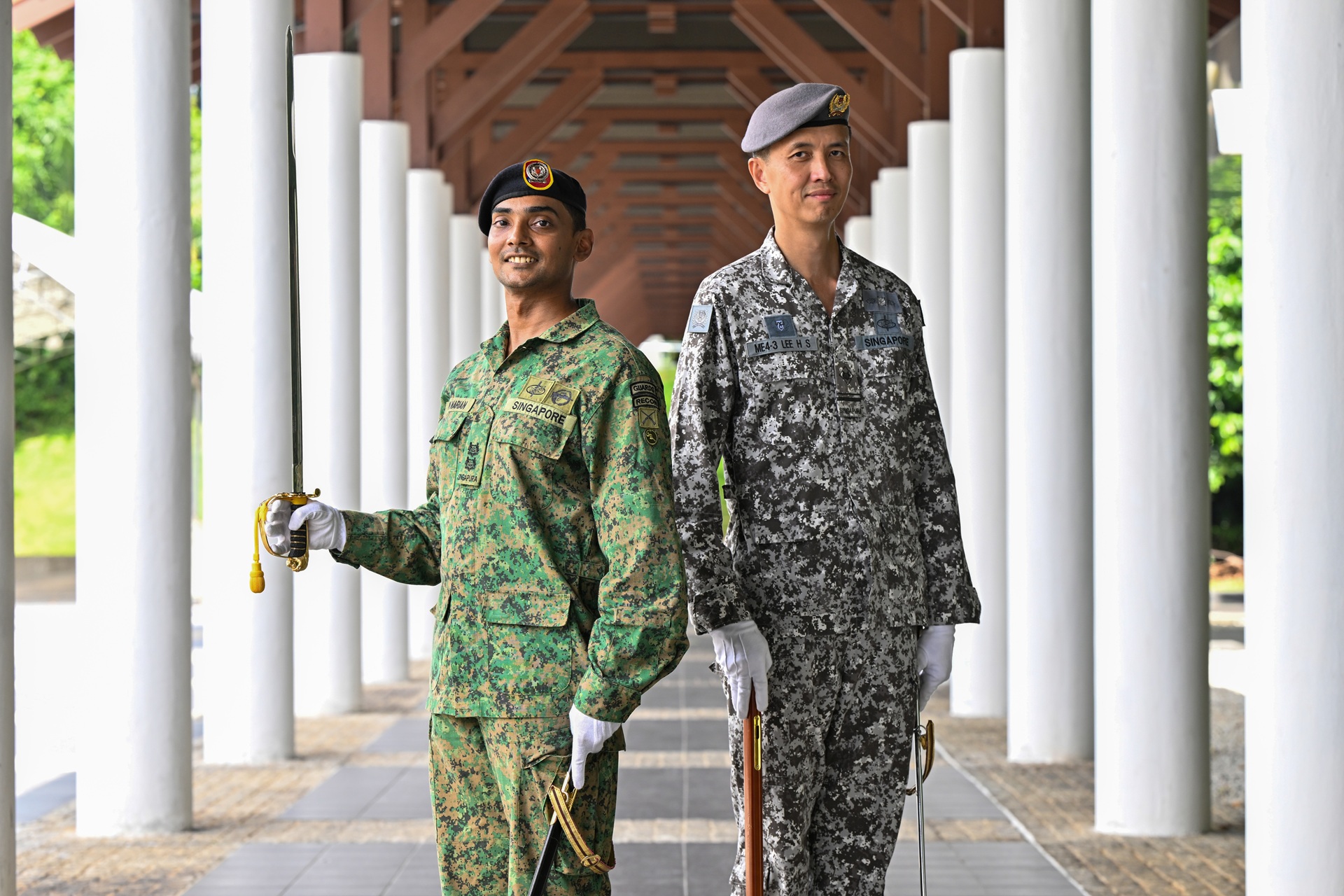TOP-CLASS MEDICAL SUPPORT
// STORY Tan Guan Wei
// PHOTO PIONEER Photographers
Recognising that there must be no compromise when it comes to health care, the Singapore Armed Forces (SAF) has established a three-tier medical governance framework to provide expert advice on the development of key medical policies, health services and clinical standards.
As an advanced armed force, the SAF possesses not only modern and sophisticated military systems, but also equally up-to-date and professional medical systems.
To deliver the best medical support to servicemen, the SAF has put in place three panels of experts from the public health-care institutions to provide professional advice on SAF medical policies, protocols and practices.
Members of each board are selected based on their expertise in clinical fields of relevance to the SAF's operations, and their level of understanding of the SAF's operational context.
The three boards are as follows:
SAF Medical Advisory Board (MAB)
Roles:
• Advises the SAF on key medical policies and strategies on its health services
• Facilitates mutual collaborations between the SAF and public sector health-care institutions
Members:
• Six civilian medical professionals who hold senior management appointments in Singapore's health-care clusters and restructured hospitals
• Seventh member is the SAF's Chief of Medical Corps
The SAF MAB ensures that the SAF's medical policies are relevant and benchmarked against national and international best practices, in order for the SAF medical system to keep pace with the evolving health-care landscape.
On the role of the Board, Professor Tan Ser Kiat, Chairman of the MAB, said: "There's no question that most of the good work has been done by the SAF Medical Corps. We are here to ensure and verify that the medical processes, standards and procedures are adhered to."
One of the inputs that the Board has given, which has since been implemented by the SAF, is the setting up of the Medical Simulation Training Centre (MSTC), a state-of-the-art training facility which enhances the training of SAF medical personnel.
The President of the Singapore Medical Council added: "Throughout these years, the SAF Medical Corps has kept up with the times... Not only have the skills of the SAF doctors been constantly improved and upgraded, as evidenced from the fact that 40 percent of all Regular Medical Officers now are trained specialists, there has also been a tremendous improvement in the welfare and safety of soldiers on the field."
SAF Specialist Advisory Boards (SABs)
Roles:
• Provide guidance on the development of medical best practices in clinical specialty fields that are important and relevant to the SAF. Five SABs have been established: Emergency Medicine, Cardiology, Respiratory Medicine, Preventive Medicine and Psychiatry.
Members:
• 25 civilian medical professionals, with five members in each specialty field
The SABs serve to align the medical care in the SAF to a standard comparable to that of Singapore's national health-care system.
For instance, the Cardiology SAB has made recommendations to enhance the SAF's cardiac screening protocol for servicemen, which saw the introduction of advanced cardiac screening tests, such as calcium scoring and echocardiography for servicemen with specified cardiovascular risk factors, in 2011.
To complement the enhanced protocol, the SAF has been partnering the National Heart Centre Singapore (NHCS) since 2012 to provide advanced cardiac screening for soldiers. This allows expeditious determination of servicemen s cardiac fitness.
Associate Professor Terrance Chua, chairman of the Cardiology SAB, said: "The screening procedure...is tailored to the requirements of the SAF. It has successfully made many diagnoses in completely asymptomatic individuals, which would otherwise have been missed without screening."
He added: "By doing so, I believe the screening has helped to reduce the risk of medical events during training."
The Deputy Medical Director of NHCS also compared the SAF with civilian medical governance structures: "There is much similarity in that both are committed to the well-being of the patients and individuals that we serve.
"However, the SAF medical governance has the additional responsibility of minimising risk during training, and assessing the ability of soldiers to perform through annual stress tests."
SAF Visiting Consultants
Roles:
• Advise the SAF on the formulation of medical screening standards and medical classification guidelines
• Provide independent expert opinion on management of complex medical cases in the SAF s context
Members:
• 37 senior and highly experienced medical professionals from a comprehensive range of medical and surgical specialities
Being the Chief Medical Informatics Officer in the Ministry of Health put Associate Professor Low Cheng Ooi in the ideal position to advise the SAF on its medical IT (Information Technology) system.
Assoc Prof Low highlighted the importance of implementing an appropriate IT system within the SAF: "While we want to have a system to allow the sharing of patients' data so as to deliver timely and accurate information to the SAF doctors, we also have to keep in mind the security concerns with regard to such sensitive information.
"Therefore, there is a need to strike a balance between quick access to the information and increasing security safeguards. This is one of the key concerns that we re looking into."
He added that the public sector has benefited greatly from this SAF-civilian partnership: "The SAF's strengths lie in its governance and structure, and the civilian side actually adopts some of the SAF's processes in dealing with emergency and crisis. It's a bilateral transfer of knowledge that is mutually beneficial to both parties."
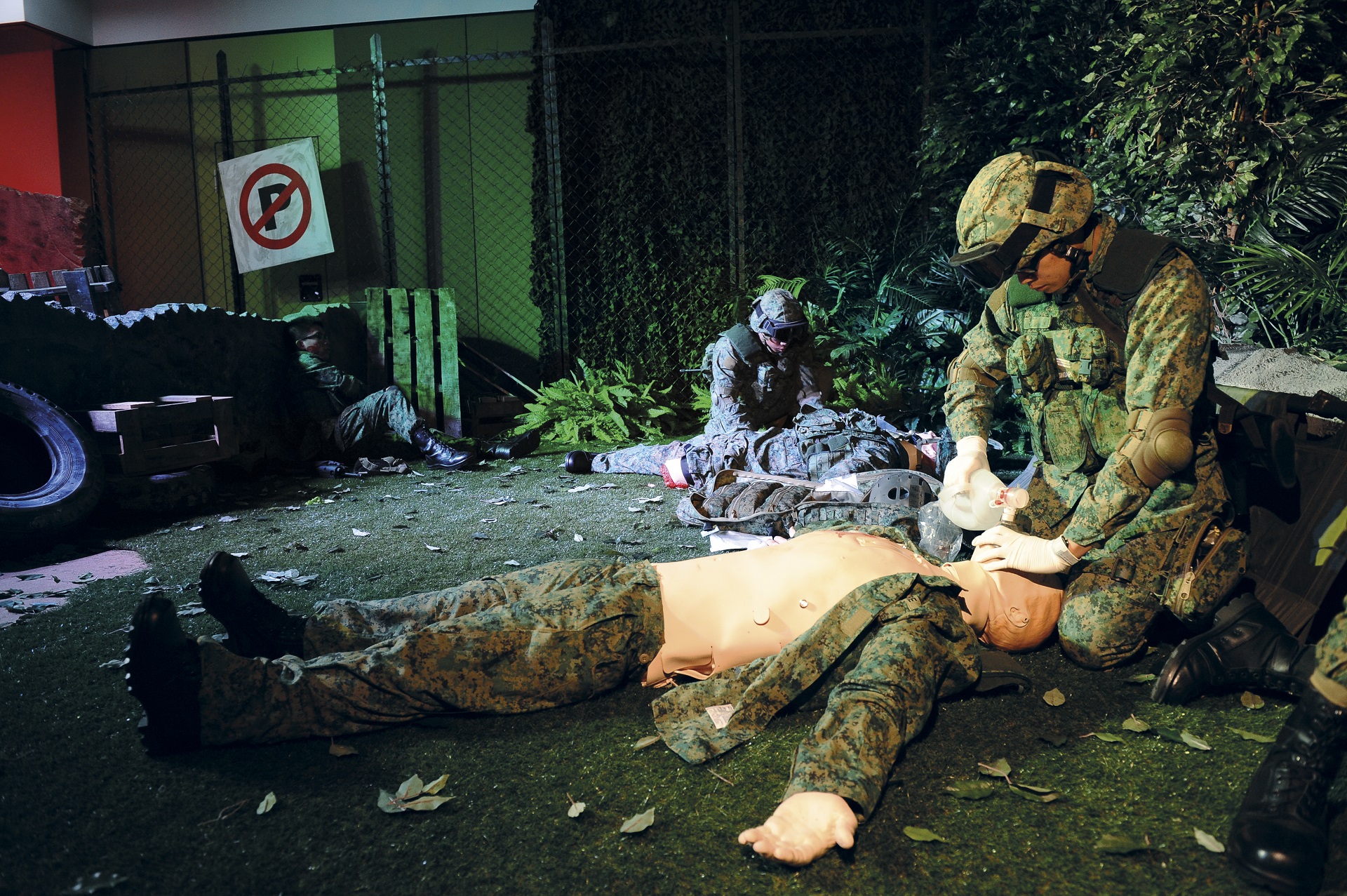
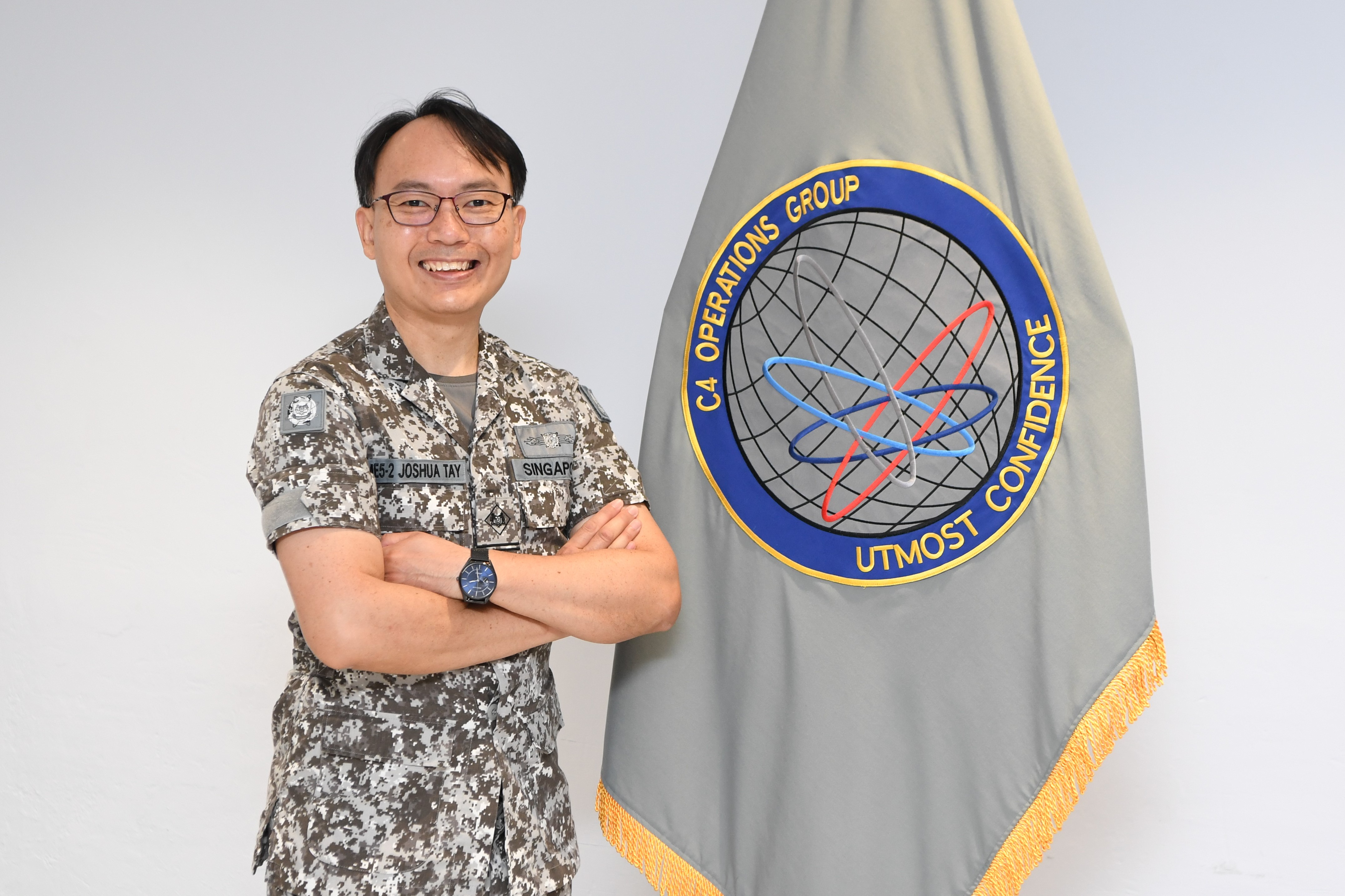
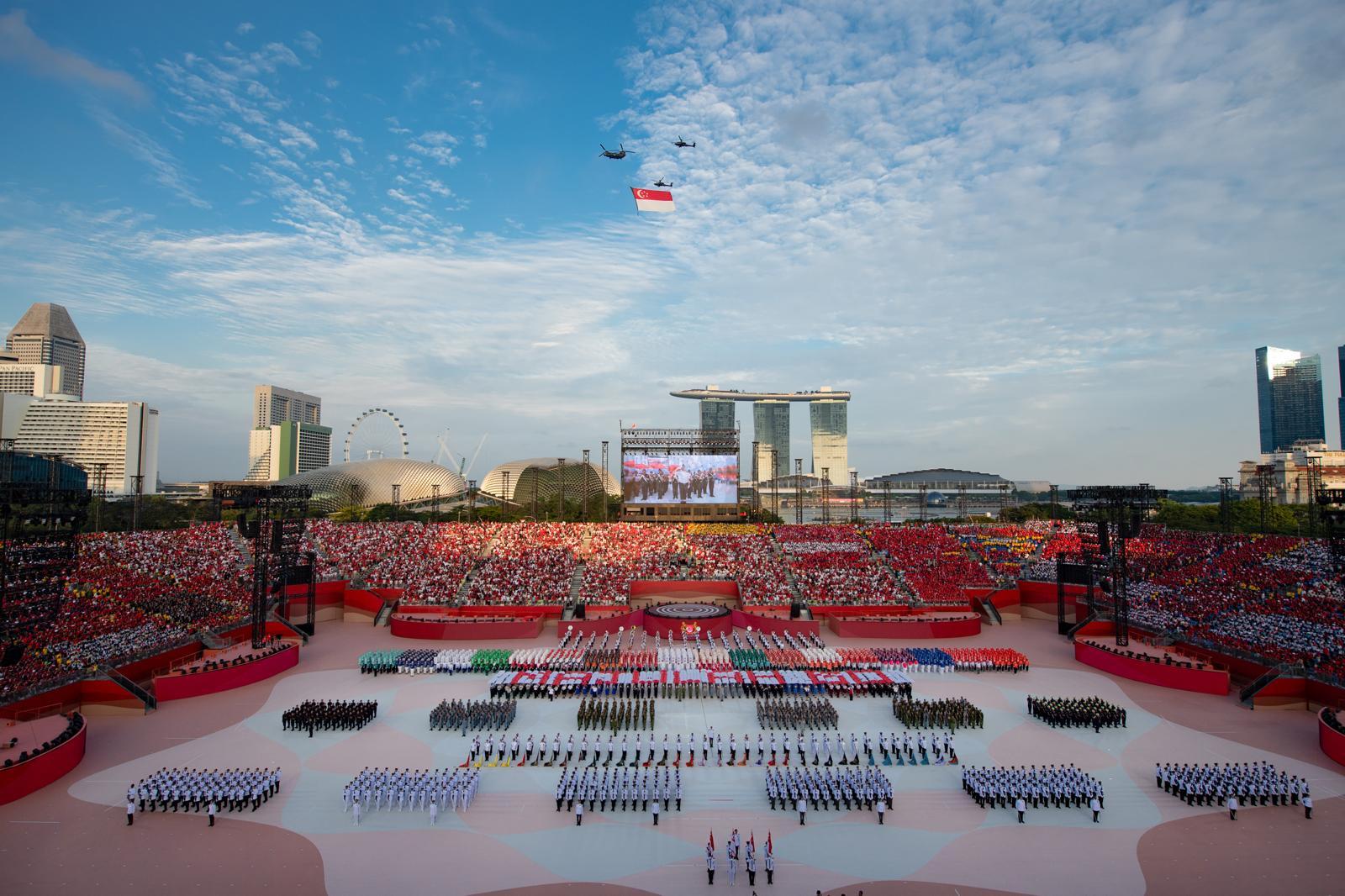
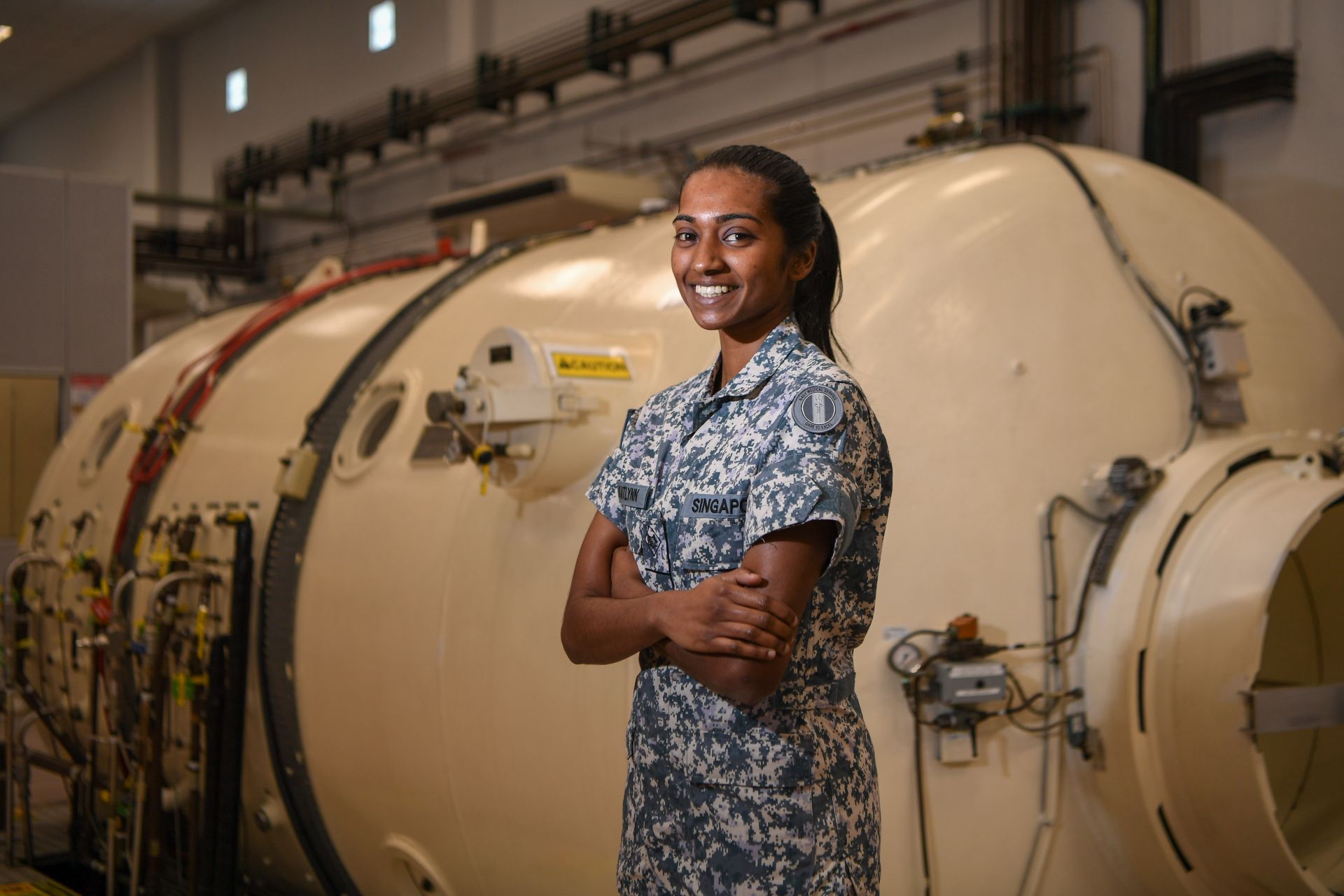
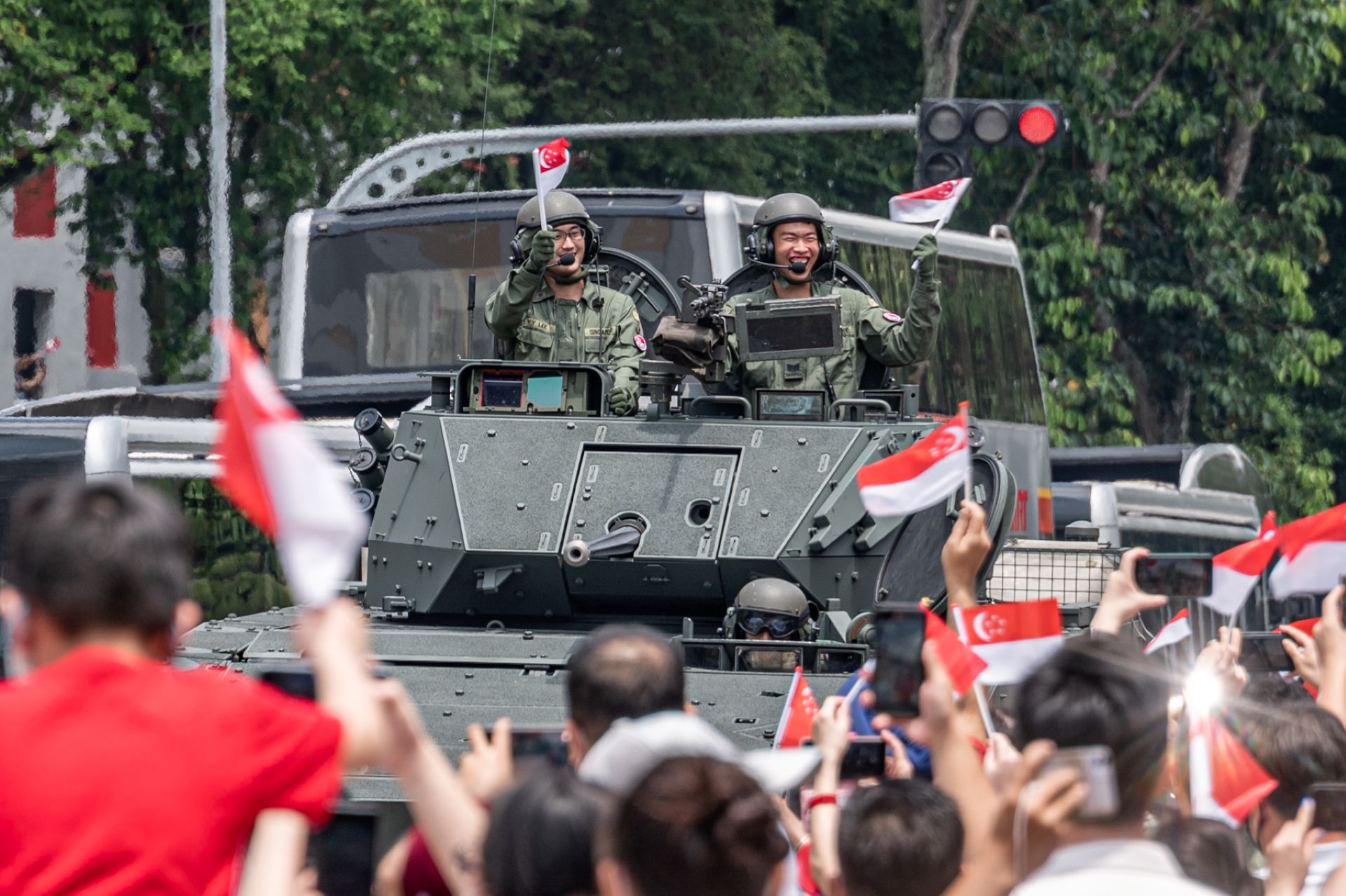
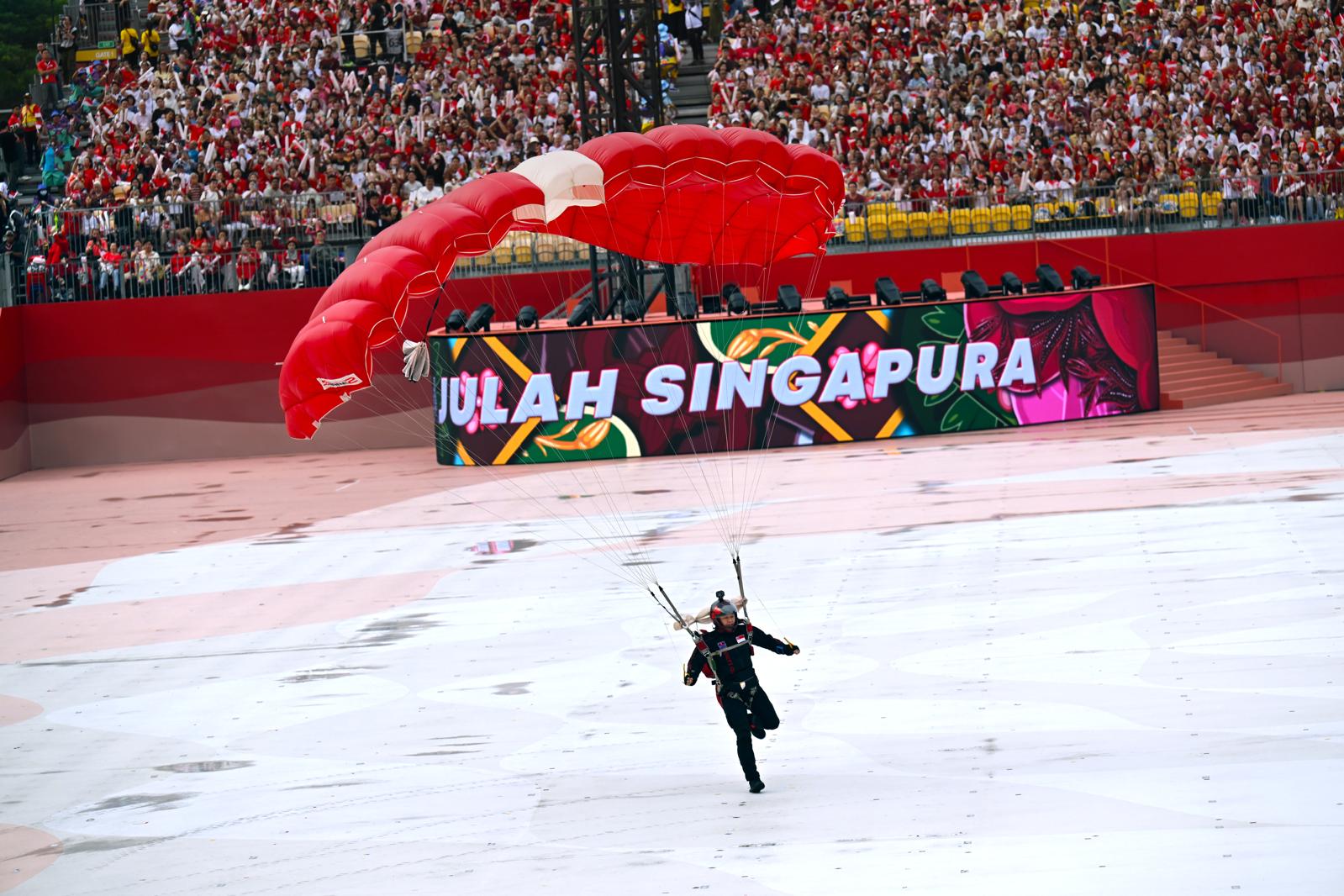
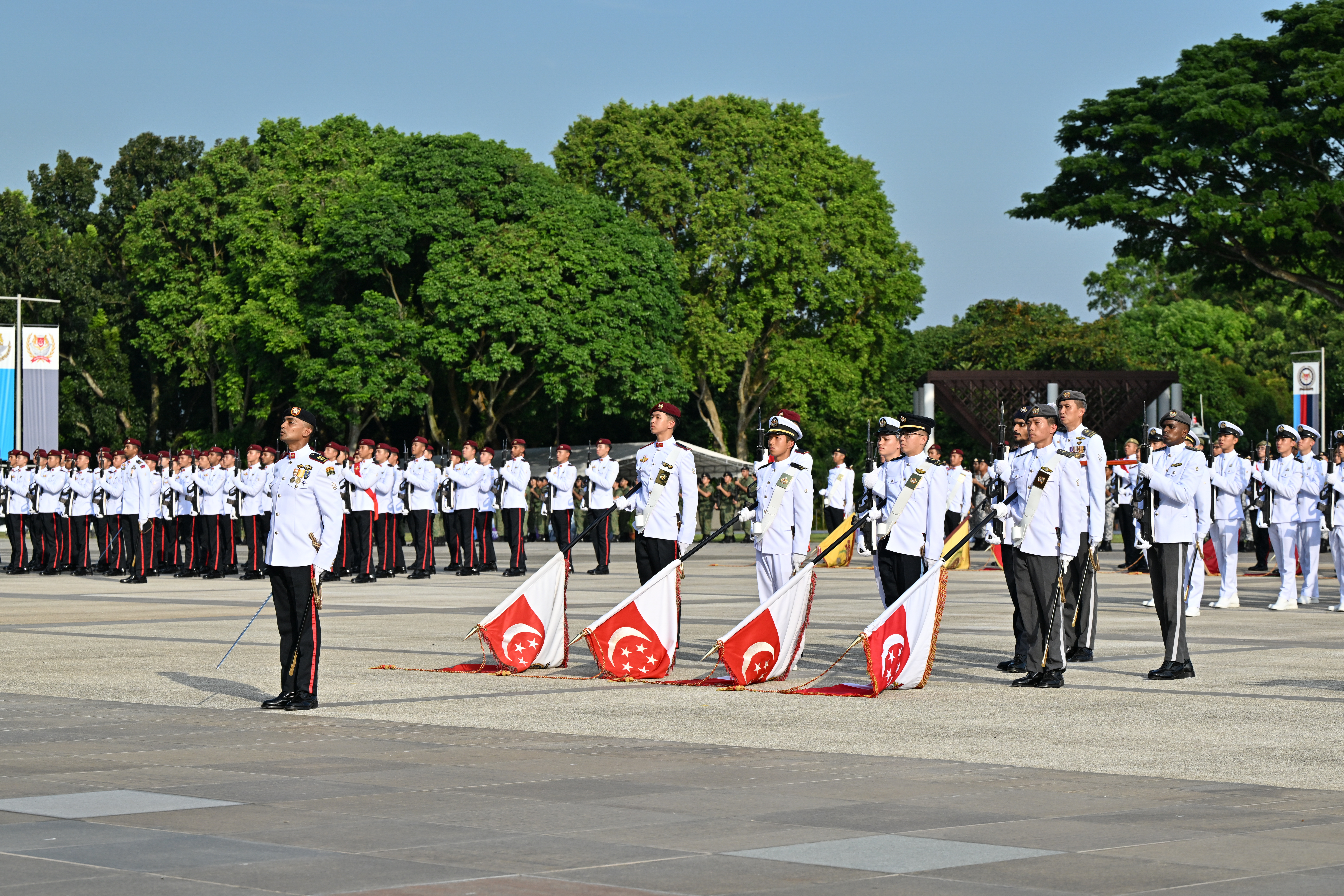
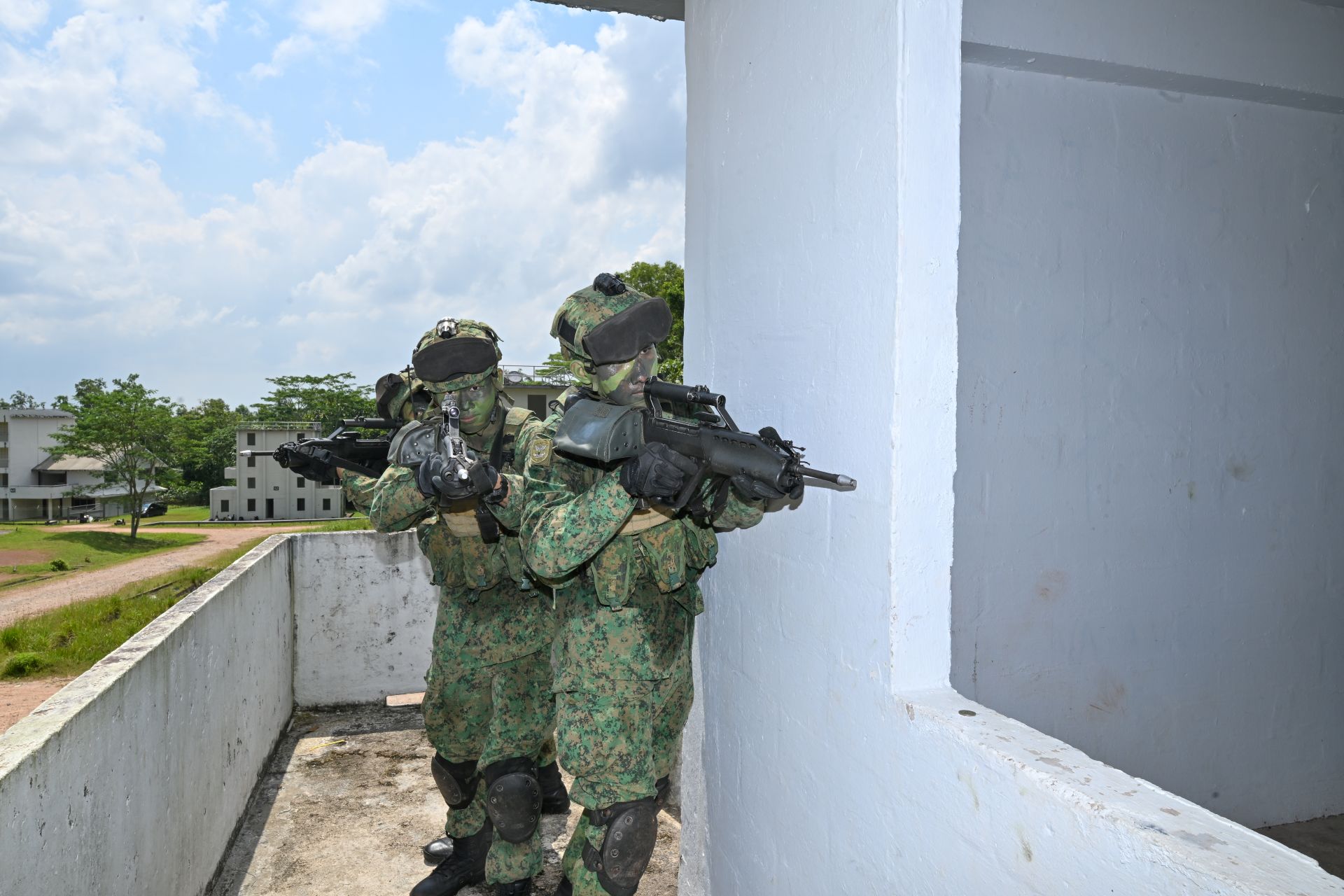
.jpg?sfvrsn=b5383902_1)
.jpg?sfvrsn=4eb1b86e_1)
